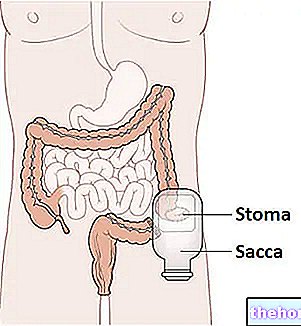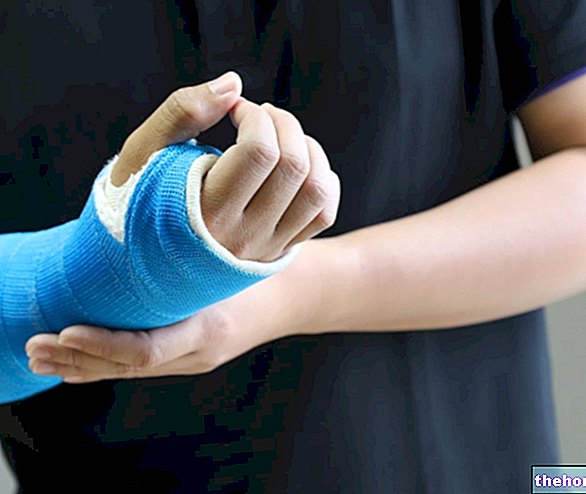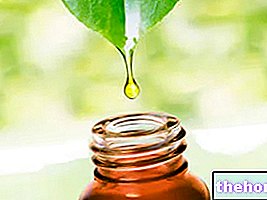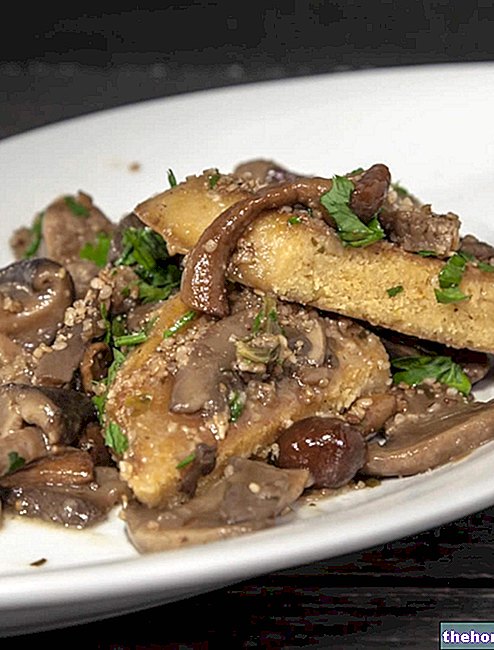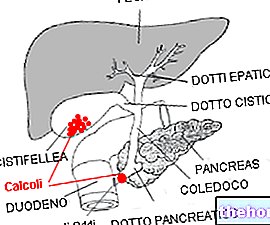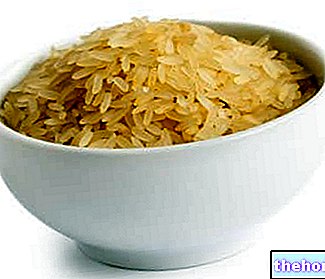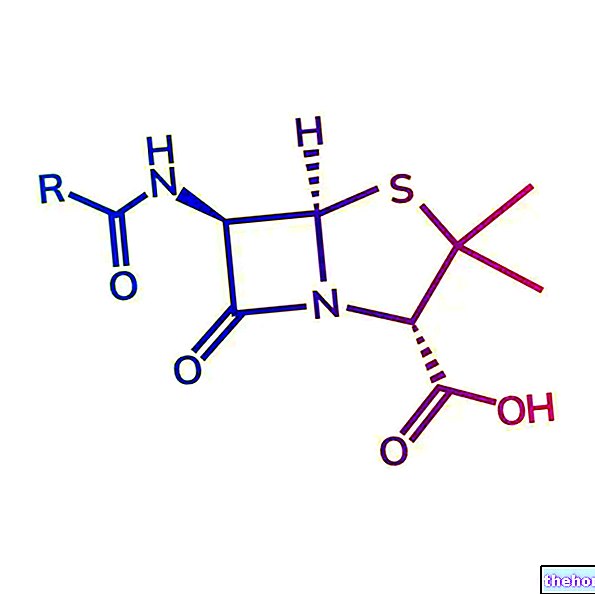Generality
Oleuropein and its glycoside are the most abundant polyphenols present in olive oil, as well as the products that give it its main organoleptic characteristics.

The same polyphenols would be responsible for the cardioprotective, neuroprotective, anti-inflammatory, antioxidant and anti-tumor properties of olive oil, which make it one of the most important nutraceutical foods of the Mediterranean diet.
Indications
Why is oleuropein used? What is it used for?
Oleuropein is a polyphenol present in olive oil, with anti-inflammatory, antioxidant and immunomodulating activity.
In light of its biological properties, oleuropein is successfully used in the treatment and prevention:
- Cardiovascular pathologies;
- Of neurological pathologies;
- Dell "aging (premature aging of the skin and organism);
- Damage induced by ultraviolet rays;
- Oncological pathologies;
- Of oxidative and inflammatory pathologies.
According to very recent evidence, antimicrobial activities have also been added to the aforementioned activities, which have proved effective in the course of infections by gram positive and negative bacteria.
In addition to a direct antimicrobial effect, the protective activity of oleuropein would derive from the ability to enhance the non-specific immune response, offering a stronger and more effective protection mechanism.
Benefits and Properties
What benefit has oleuropein shown during the studies?
Although much of the evidence currently documented mostly refers to in vitro or experimental models, the indications on the clinical efficacy of oleuropein are particularly interesting.
Oleuropein and cancer
From the very numerous experimental evidences, oleuropein and its glycoside would carry out an important antitumor activity against different neoplastic clones.
The induction of the apoptotic process on the one hand and the regulation of the normal proliferative cycle on the other, would seem to be the main antitumor action mechanisms attributed to oleuropein and its catabolites, such as hydroxytyrosol.
To these non-specific activities, directed against glioblastoma cells, renal adenocarcinoma, lung adenocarcinoma, melanoma and colorectal adenocarcinoma, specific activities against HER2 positive breast neoplastic clones would be added.
In these cases, the intake of oleuropein, according to some authors, would seem to reduce the development of drug resistance of the tumor clones, making monoclonal therapy with trastuzumab much more effective.
Oleuropein and anti-inflammatory activity.
The anti-inflammatory activity of oleuropein, observed in numerous experimental models, would seem to take place precisely through the inhibition of the 5-lipoxygenase enzyme.
This mechanism would take the form of a reduction in the expression of Leukotrienes B4 and other inflammatory cytokines, responsible for the molecular events underlying the inflammatory process.
Although still entirely experimental, this property could certainly constitute an added value to the clinical efficacy of oleuropein.
Oleuropein and antioxidant activity
The antioxidant activity of oleuropein would materialize both through direct scavenger mechanisms and through the expression of antioxidant agents.
The possibility of reducing the damage induced by reactive oxygen species would therefore have important repercussions, especially in the neurological and cardiovascular fields.
More precisely, the intake of oleuropein could protect against the damaging action of oxygen free radicals, an important biological event in diseases such as Alzheimer's.
The antioxidant action is also valuable in protecting the nervous system and at the same time the cardiovascular system from the atherogenic action of oxidized LDL.
Oleuropein and cardioprotective activity
The cardioprotective activity of oleuropein would derive from the combination of different biological properties.
More precisely, they would justify the preventive role of oleuropein against cardiovascular diseases:
- the reduction of the oxidation of LDL particles, known for their high atherogenicity,
- the antithrombotic action exerted through the inhibition of platelet aggregation,
- the anti-inflammatory and vasoprotective action.
The cardioprotective effect has been widely observed and characterized in various experimental models, in which the onset of cardiovascular complications has been significantly delayed.
Oleuropein and antiaging activity
The application of nutraceuticals in the antiaging field has been very interesting in recent years.
Among the remedies proposed, olive oil and in particular its active ingredients, such as oleuropein, have carved out a place as protagonists.
At the base of the anti-aging power of oleuropein there would be:
- The cytoprotective action against fibroblasts;
- The anti-protein action against collagen fibers;
- The antioxidant action directed towards proteins and structural lipids;
- The "genoprotective action;
- The protective action against ultraviolet radiation and other environmental oxidants.
Promotional Content

Antioxidant Supplement Antiage X115 + Plus
New generation anti-aging supplement with bio-polyphenols from olive trees. Double Day & Night Formulation with a high concentration of active ingredients; supports and optimizes antioxidant defenses and stimulates the synthesis of collagen, hyaluronic acid and elastin. " More information "
Dosage and method of use
How to use oleuropein
Oleuropein and its glycoside are present in concentrations up to 14% of the dry weight of young olives and of 6-9% in dried leaves.
Several supplements present dry extracts of olive tree titrated in oleuropein for 12 and 20%, equal to about 50 - 200 mg per day on average.
The use in capsules makes it particularly easy to take.
Side effects
There are currently no known clinically relevant side effects following the use, as a supplement, of oleuropein, at the recommended dosages.
Contraindications
When should oleuropein not be used?
The use of oleuropein is contraindicated in case of hypersensitivity to the active substance or to the extraction source.
Pharmacological interactions
What drugs or foods can modify the effect of oleuropein?
The drug interactions between oleuropein and other active ingredients are not worthy of clinical note.
However, it would be useful to remember the antithrombotic effect of oleuropein, which is potentially problematic for patients undergoing anticoagulation therapy.
Furthermore, from recent evidence, oleuropein seems to make the self-resistance acquired by breast cancer cells to trastuzumab reversible.
Precautions for use
What do you need to know before taking oleuropein?
Particular caution and close medical supervision in the use of oleuropein should be observed:
- By patients suffering from coagulation disorders or undergoing anticoagulant therapy, given the antithrombotic effect of the active ingredient;
- By patients who resort to the use of oleuropein for medical purposes;
- By pregnant women and nurses, given the absence of efficacy and safety studies.

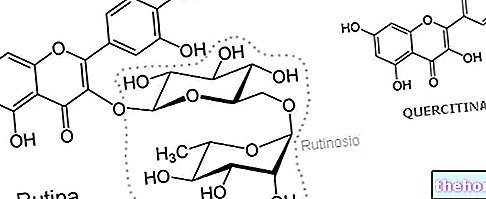
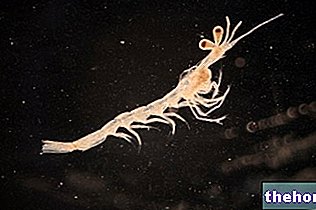


.jpg)



